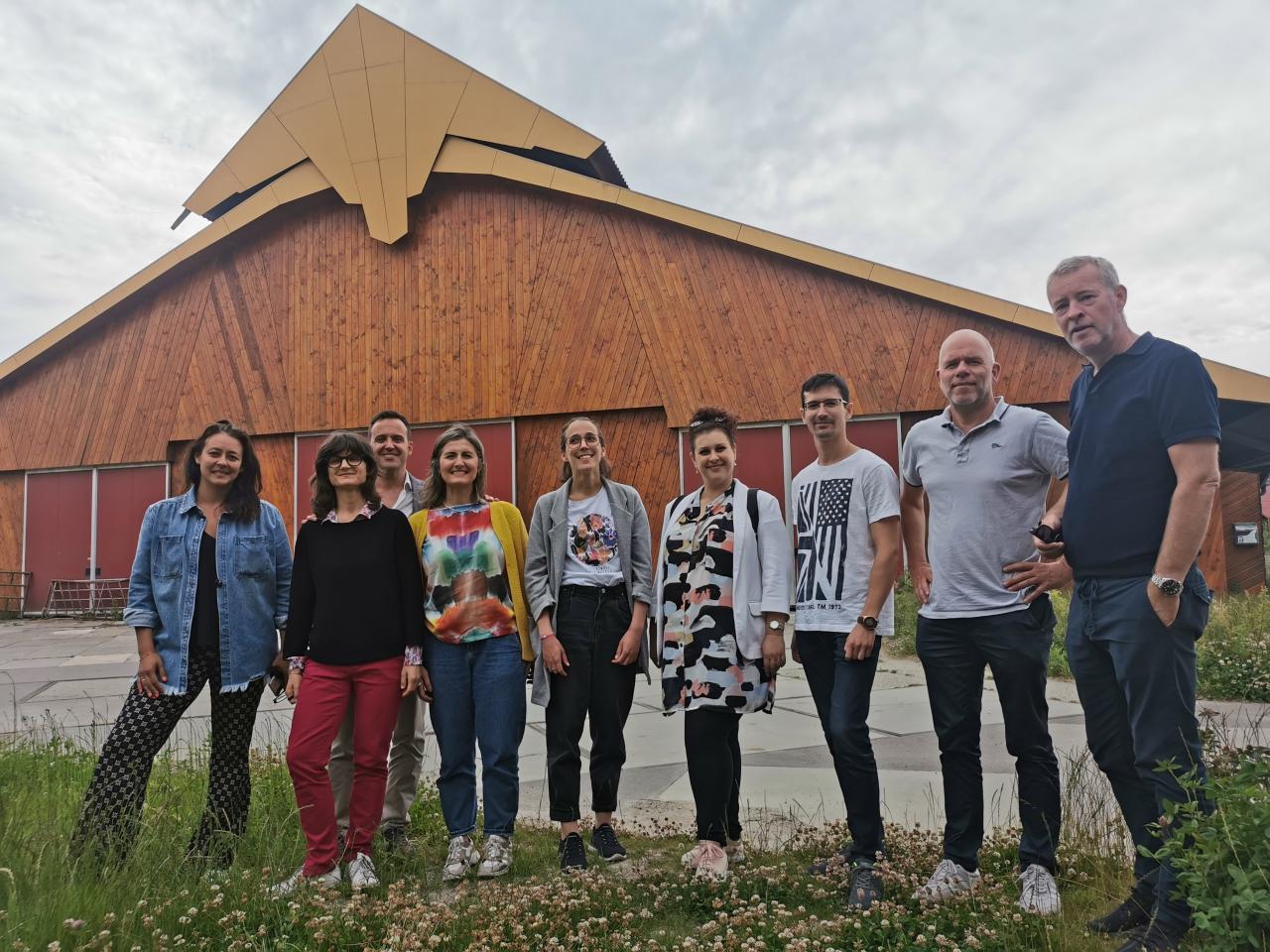
One of the field visits organized by the Municipality of Almere during the NextAgri meeting was in a stretch of land between Almere and Zeewolde (NL). Oosterwold is a self-sufficient, green district, unique in the Netherlands:
here was built a sustainable food system for the production of healthy and ecological food, available to all Almere inhabitants. Instead of bring in products from outside, the Almere Municipality aims to actively stimulate the production of local food using the 43 square kilometers of land of this area to create the largest urban farm project in the world, with 1,800 hectares of urban fields, where biodiversity is a priority, and to build 15,000 homes, each with its own production.
In the visit the researchers from Wageningen university presented some of the main products and the type of social organization that the community set up in order to drive the process and the urban farming activities. An impressive pilot case that gives the sense of other possible social organization to produce food and become more independent and self-organized at peri urban level.
The district stands out for its strong sense of community. It has been established the Oosterwold Urban Farming Cooperative to help the district’s inhabitants with their urban farm. Local supermarkets and restaurants are taking fruit and vegetables from this district too.

